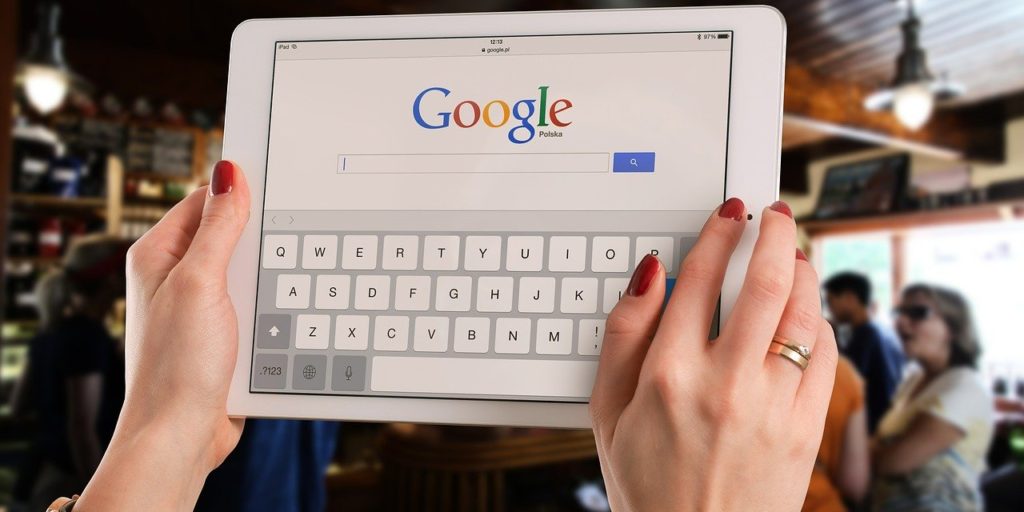- Lifetime licence bans are needed to fight drinking and driving - January 6, 2021
- Tinted windows in automobiles: are they permitted in Ontario? - August 7, 2020
- Recent cycling deaths point to a need to make roads safer - July 27, 2020
One of the difficulties with civil trial juries is that it is too costly to ensure jurors are impartial and not accessing information via the internet outside the courtroom, Toronto critical injury lawyer Patrick Brown writes in The Lawyer’s Daily.
“With the technical revolution, jurors have the ability to look at any information they like. A few hits on the keyboard and they have an instant view of the crash site (albeit years later with the new stop sign),” writes Brown, a partner with McLeish Orlando LLP.
Armchair investigations
He notes that controlling what jurors consider outside the courtroom has always been an issue but the ease and ability for jurors to conduct armchair investigations has never been more accessible.
“Marshalling jurors to and from a jury room and bringing in lunch isn’t going to do it. To sequester jurors for the entire trial duration (and take away their phones) is not a financially feasible option,” Brown writes. “The only real restraint in place is the direction the trial judge gives at the beginning of the case and the oath that each juror takes. Unfortunately, an oath is only as good as the moral compass of the individual taking it.”
Even if one believes armchair research doesn’t happen because a juror took an oath, he says the jury system is under attack on another front.
“Over the last 25 years, the world has changed. Technology has impacted on both the ideas and values we hold. We no longer live in small communities but rather a global village. Ideas, thoughts and beliefs are exchanged instantly between individuals far beyond our borders,” he writes. “Information online can both enlighten and mislead. What is real and fake news is becoming more and more difficult to ascertain.”
Brown says that we don’t even know what is filtering into our jury rooms.
‘Are they applying the law?’
“Was a juror biased? Are they applying the law as expressed by the court? Were they weighing matters that were not in evidence? How did they come to their decision?”
He writes that unlike judges who must write decisions with reasons, “we simply have no idea what a jury has done.”
While he understands the rationale of protecting jurors from public scrutiny, he notes that some confidential transparent process should take place.
“We are so cloaked in secrecy that we make it a criminal offence for any juror to tell anyone what went on in the jury room (Criminal Code s. 649),” Brown says. “Yes, an oath is a powerful tool, but there still must be institutional checks and balances in place in the event the oath is not respected.”

